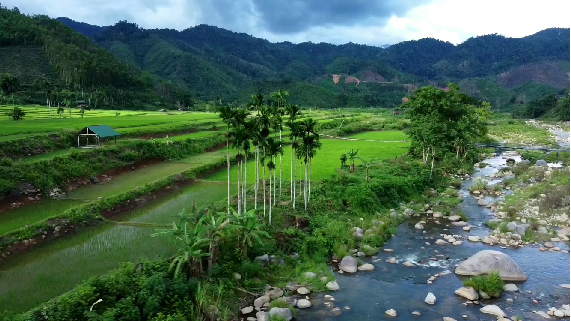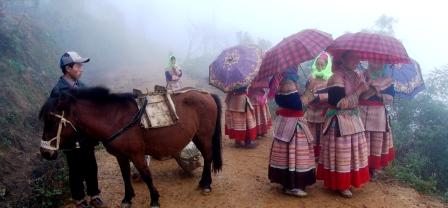
Featured
Video

01-27-2022 - 03:01:07
Why and How Ecological Farming
- Currently, in Vietnam, farmers constitute roughly 25% of the total workforce (down from nearly 60% in 2000) and yet are responsible for food production for all of society. Concurrently, with a growing global population and increasing urbanization, farmers face an increasingly difficult task of cultivating food to support a global population. It is estimated that at least 0.5ha of arable land per capita is needed to provide an adequate and diverse diet for the world’s population.
However, in the past 40 years, arable land per capita has decreased to only 0.27ha of arable land per capita and is projected to decrease even further with exacerbated levels of erosion and land loss (Pimental et al 1995).
Despite this trend in development, eco-farming provides a viable and holistic alternative to the poverty of wealth and culture often associated with farmers. With eco-farming, key farmers serve as a model of the full potential of farmers and their critical role as gate keepers for not only food, but also ecology, culture, and spiritual practice in society. Eco-farming defines farmers as having the following traits: 1) understanding five fundamental characteristic1 of an ecosystem; 2) having five fundamental rights2 to natural resources; 3) participating in a network of farmers; 4) Good health; 5) Willingness to share knowledge and experience; 6) Knowledge and know-how of harvest; 7) Knowledge and know-how of production; 8) Knowledge and know-how of processing; 9) Knowledge and know-how of seed saving; 10) Knowledge and know-how of storage and preservation of harvest; 11) Knowledge and know-how of marketing and communicating the values and principles behind their products; 12) Systematic and systems- level thinking; 13) Community spirit – a dedication to advancing the well-being and livelihood sovereignty of their village; 14) Nurturing nature; 15) Understanding traditional culture and customary norms.
Download for details






